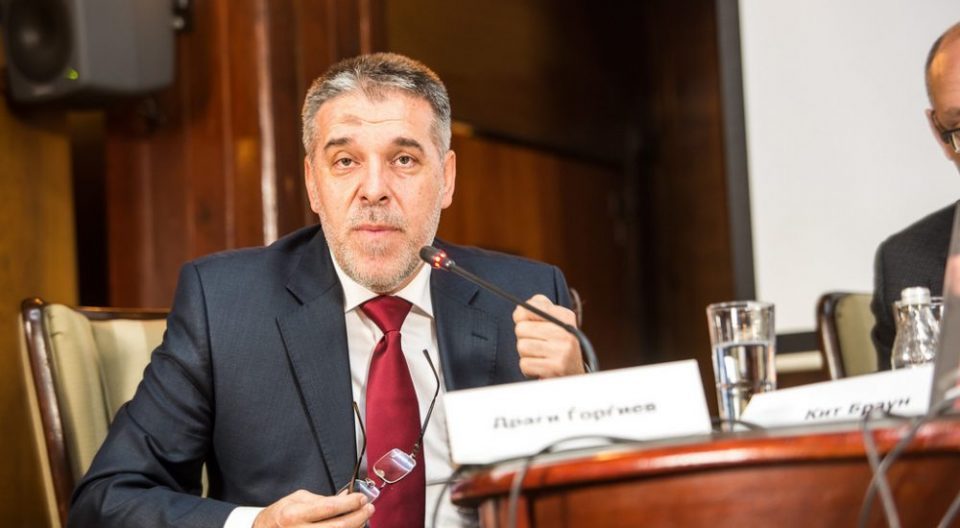Dragi Georgiev, the head of the Macedonian team in the joint historic committee with Bulgaria, insists that the legendary VMRO leader Goce Delcev, had a strong Macedonian political identity.
The work of the committee hit a serious obstacle as the issue of Delcev’s identity was raised. Both countries honor the fighter and political organizer, but Bulgaria insists that the Macedonian side adopts that he was a Bulgarian, and that this becomes part of the Macedonian historical narrative.
We have the same historic facts, the letters Goce Delcev wrote and what others wrote about him, but where we differ is the interpretation of those facts and documents. The archives clearly have arguments about his identity, but when we are talking about a historic period which is very chaotic in political, religious and cultural terms, when we are talking about the Ottoman society where it was not permitted to voice different opinions, then we have to be very careful, Georgiev said.
A high level dispute erupted last week as the committee was unable to reach agreement on Delcev, his identity and particularly when to hold a joint celebration of the hero. The Macedonian proposal to do so on the date when Bulgaria returned his body to Macedonia in 1946 was rejected by the Bulgarian historians as an insult. Bulgarian conservatives see the move by the then Communist authorities as national betrayal because it established the arguments in favor of Delcev’s Macedonian identity.
Georgiev says that Delcev frequently used the terms “Macedonian” in his writing, not only to denote a regional identity, as Bulgarian historians claim, but also an ethnic one.
He used terms such as “Macedonian” and “the Macedonian people”, and, of course, their interpretation is different in the two historical communities. But I want to point out that at the time a strong Macedonian political identity existed. It was not only regional and it was present in Goce Delcev and in other revolutionaries in Macedonia at the time. This identity is a part of our national narrative, is the basis of the contemporary independent Macedonian state and can be seen as a pre-national Macedonian identity, Georgiev told Deutsche Welle in an interview.
Bulgarian politicians threatened that they will call of the work of the committee, and even block Macedonia from joining NATO and opening EU accession talks, unless Macedonian historians accept Delcev’s Bulgarian national identity.




Comments are closed for this post.